FTA: Joe Jackson - Happy Loving Couples
Wanna be, wanna really be, what my friends pretend to be...and a review of a recent JJ concert! 🎟🎭

This month’s From the Archives piece is a 2022 essay I wrote on Joe Jackson’s “Happy Loving Couples.” In it, I explore how important this song was to me as an extremely awkward teenager who loved to dance but was deathly afraid of asking any girls to dance with me.
But first, I thought I’d share a couple of video clips and a recap from an amazing Joe Jackson concert I attended a few weeks ago.
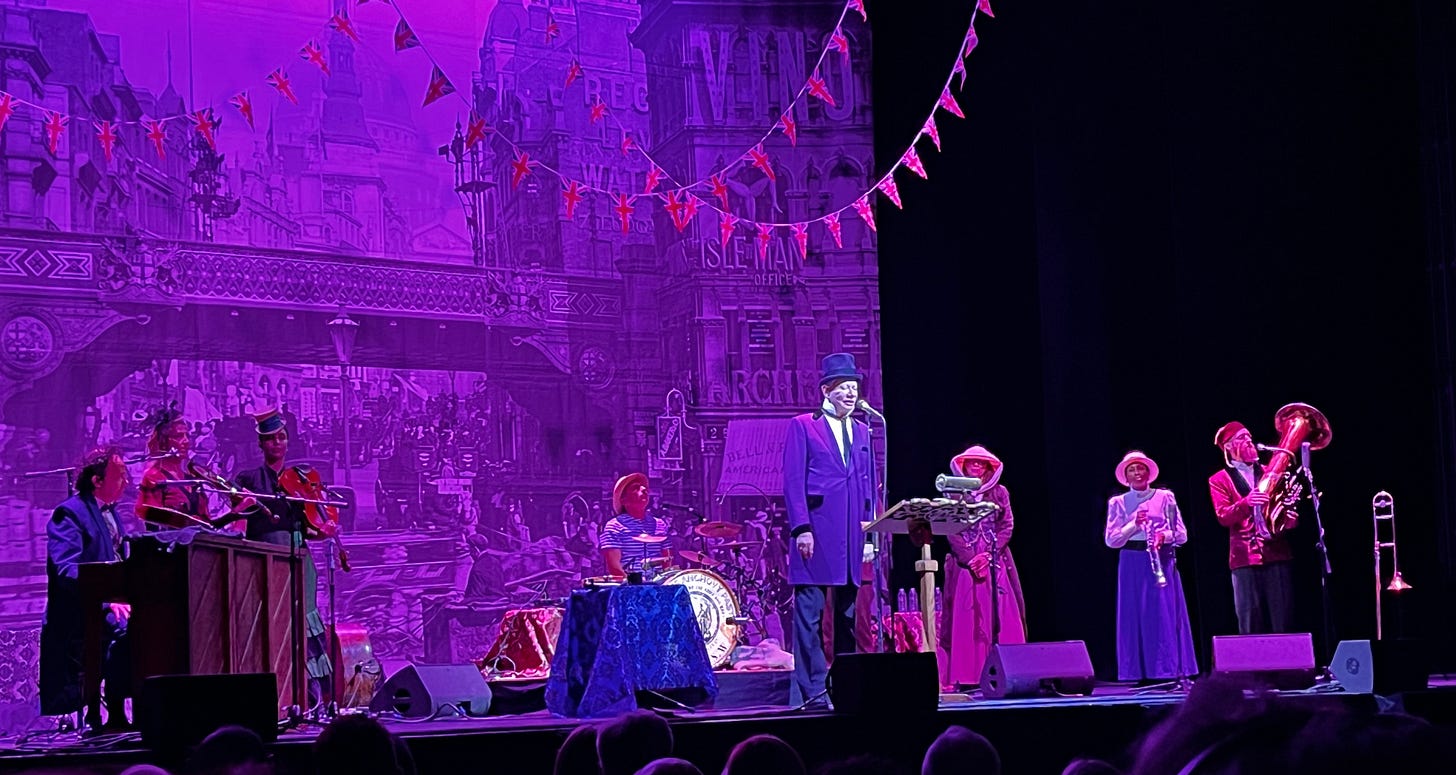
There are very few musicians who’ve maintained the level of creative inspiration and exploration for as long as Joe Jackson has. I can think of only a handful of others. Neil Young. Elvis Costello. Some might say Bob Dylan, but I’m not one of them.
I know I’m forgetting several others. In the comments, let me know who else has pushed and expanded the boundaries of songwriting and genre for 30+ years. Maybe Trent Reznor?
Not only has Joe continued to pen indelible, smart pop songs for 45 years, but he’s also made successful forays into Classical, big-band Jazz, Latin, R&B, movie soundtrack scoring (Mike’s Murder, Tucker), and now 1910-era music hall songs, ostensibly “found” music from long-forgotten, early 20th-century composer Max Champion.
Jackson has so deftly concealed the fact that there was no Max Champion, that he’d created a false historical figure as a device to pursue his love for the music hall genre (think Gilbert and Sullivan). Many reviewers of Jackson’s 2023 What a Racket! album were fooled, believing it was a genuine tribute.
I recently had the great pleasure of seeing Joe Jackson in concert at the Curran Theatre in San Francisco. Joe arrived alone on the stage, which was adorned with only a keyboard and a microphone. For 45 minutes, Jackson played a variety of hits and deep cuts from his vast catalog in reverse chronological order. Starting with “Dave” from his underrated 2019 release Fool, Joe followed it up with: “Take it Like a Man,” “Stranger Than Fiction,” “You Can’t Get What You Want (Till You Know What You Want),” “Real Men,” “Steppin’ Out,” “Different For Girls,” “On Your Radio,” then jumping back to the year 1967 for a stellar cover of The Kinks’ “Waterloo Sunset.”
Many singers who’ve been around the block for 45 years or more have lost some (or most) of their range as they’ve gotten older. Not Joe. I think he’s a stronger vocalist now, at age 70, than he was at any point in his career. I was impressed with his voice's emotional resonance and power, making hits like “Steppin’ Out” and “Real Men” sound like brand-new compositions instead of songs that he’s surely played thousands of times over the years.
When Joe finished his solo set, the curtain behind him opened, revealing a full 10-piece band dressed in period costumes and a backdrop of London in the early 20th century. The musicians were fantastic, and if you want a taste of how they sounded playing the music from What a Racket!, here’s the wonderful tune, “The Sporting Life.”
For an encore, the band and Joe played a lively version of his hit song, “Is She Really Going Out With Him?” I was going to share the clip that I shot on my phone, but I found another video on YouTube where you can see the band much better.
This was the show of the year so far for me. It’ll have to take something magical to supplant it as 2024’s best concert.
I was a freshman in college before I had my first real girlfriend.
I probably don’t have to add that this extended delay was not by design.
In high school, I never fit the physical mold that most teenage girls were attracted to. I was short, wore my hair in a mullet, had perpetual acne, and dressed like an extra in the film Revenge of the Nerds. Trying to tame my raging hormones only made my belief — no, my certainty — that girls would never be interested in a boy like me all the more frustrating. I was shy, lacked confidence, and knew I could never assume the cocky, assured poses of the taller, feather-haired, zit-free boys at school.
“Pretty in Pink,” the classic John Hughes teen comedy starring Andrew McCarthy and Molly Ringwald, had just hit the theaters. I identified with Jon Cryer’s lonely and hapless character “Duckie” so ardently that watching his struggles on screen felt like I was being outed, that my insecurities around girls had not been effectively disguised as I’d hoped.
I was the awkward teen with an unrequited crush on his female best friend. That Duckie gets paired off with a generic hot girl at the film’s end did nothing to assuage the feeling that I’d never be seen by girls through rosy, romantic glasses. It felt like a tacked-on ending: an unrealistic fantasy demanded by test audiences who couldn’t bear watching Duckie at his prom alone, dancing by himself.
Like Duckie, I had been caught in the sticky-trap web of ‘girl’s best friend.’ Always ready and available, at all hours, to listen to Amy or Shelly or Cindy vent about how Adam or David or Brad acted like such a selfish ass, how their boyfriends only wanted sex, how they never ever listened to them.
“I wish Adam could be more like you, Steve,” Amy Nelson whispered to me as I held the phone’s receiver to my ear under the bedcovers, its spiral cord stretching as far as it could reach from its base on my bedroom desk. It was almost 2 am on a school night, but I wasn’t sleepy. Talking to Amy was like having a girlfriend without all the messy kissing, making out, and heavy petting stuff.
“What do you mean?” I said, trying to coax a compliment.
“Sensitive. In touch with their feelings. In touch with my feelings.”
I knew that the last thing Amy wanted was for her boyfriend to be more like me. Even though I was inexperienced in the ways of sex and relationships, I felt certain that most girls did not want a passive, awkward, listener boyfriend. I was fully aware that I was merely the equivalent of one of Amy’s girlfriends but with the added bonus of her believing I could provide her with the elusive guy’s perspective.
“I know Adam really likes you,” I whispered, trying to assuage her doubts about Adam’s seriousness as a boyfriend. “He’s told me as much. He’s just not so good with words.”
I was actually less Duckie and more Cyrano de Bergerac, (or Steve Martin’s C.D. Bales in Roxanne) writing love letters for the word-challenged, generically handsome dolt, all along wishing I could sign my own name at the bottom of the page. Living vicariously was better than not living at all, right?
“Steve, you’re gonna find the perfect girl someday,” Amy would say whenever the subject ever switched back to me, which was rare. “You’re one of the good guys.”
This did not comfort me in the slightest. Good guy meant nice guy, and nice guys finished last.
But other than being a good listener, I had one more thing in my favor.
I liked to dance.
Most teenage boys, or at least the ones I knew, considered dancing with girls a necessary evil that would hopefully lead to makeout sessions in the back seat of their car. They would stand on the dance floor, move their limbs around a little, do the white man’s overbite, and pretend to be into it for a song or two at most.
I never went to my Junior or Senior prom, but I did attend dances that were organized through my Jewish youth group chapter, for which I happened to be social chairman. We’d hold fundraising dances a couple of times a year and invite teens from other chapters in the broader Los Angeles area, and often, a couple of hundred kids would attend. As social chairman, I was able to influence the DJ’s song selection, suggesting my favorite danceable new wave records, like New Order’s “Blue Monday,” Billy Idol’s “Dancing with Myself,” and Joe Jackson’s “Steppin’ Out.”
Since most of the songs I’d chosen were fast-paced, having a partner to dance with wasn’t necessary. There was no need for nervous sauntering up to a girl across the room and trying to ask her to dance above the thumping bass of the music.
I’d simply join the masses on the floor, feel the music seep into my skin and bones and muscles and ligaments, and let biology take its course. All the self-consciousness and doubt that consumed me throughout the majority of my waking hours was gone; I had the music in me, and I didn’t hold back. I’d sink, “down, down, down,” as Fred Schneider demanded in The B-52s classic “Rock Lobster,” rising back up as the song’s iconic surf-inspired guitar line chimed back in. I’d spin on my toe in a perfect, tight circle as Berlin’s smoky electro-dance hit “Metro” filled the dance hall. I’d twitch and jerk uncontrollably to the Talking Heads’ “Once in a Lifetime.”
Usually, at these dances, the ratio of girls to boys on the dance floor would be around 5 to 1. I’d take advantage of this imbalance by spreading myself around, giving each girl a few seconds of my attention before flitting off to the next. Like Robert Smith of The Cure would sing, it was “Just Like Heaven.”
But at the end of the night, the music would fade, the harsh fluorescent lights would flick back on, and I’d drive home by myself, sweaty and awkward, with a crate of records in my trunk, wondering if I should just accept the fact that I would be alone forever. Oh, the extreme feelings and emotions of adolescence. How I don’t miss them.
Thankfully, there was music to get me through those hormonally challenging times. I could always find a song that resonated with me for every type of inner turmoil: loneliness, heartbreak, anger, and confusion. But one song, in particular, spoke loudest to the sad teenage boy who never had a girlfriend and struggled to find his footing while watching all his friends pair up.
“Happy Loving Couples,” track four, from my favorite album (at the time, and probably still to this day), Look Sharp, by Joe Jackson. (A&M, 1979)
The song starts off with a loose, upbeat reggae groove — bass, drums, and sharp guitar— before Joe joins in:
I’ve just been to see my best friend
He’s found another girl
Says she’s just about the best thing
In the whole damn world
In the next verse, the music kicks up, becoming more urgent:
And he says can’t you see what the little lady’s done for me
Says it like he thinks I’m blind
But the things that you see ain’t necessarily the things you can find
Joe’s narrator doesn’t let the “poor me” tag stick. He doesn’t mope around feeling sorry for himself. He responds to his friend, then in later verses to his pressuring mother, and finally to society as a whole, with a confident chorus:
But those happy loving couples make it look so easy
Happy loving couples always talk so kind
‘Til the time that I can do my dancing with a partner
Those happy couples ain’t no friends of mine
The song reassured me, as a virginal, awkward teenager, that I didn’t need a “partner” to be whole. To be worthy. I also appreciated the snotty, self-protection attitude — those happy couples ain’t no friends of mine — as it helped me develop a thicker skin.
“Happy Loving Couples” would continue to influence me musically and emotionally for the next two decades, a supportive balm during my (many) periods of being single and feeling lonely. It was impossible to avoid the presence of cloying, happy-loving couples and still maintain friendships — unless I planned on becoming a monk or a hermit.
Eventually, when I went off to college, I finally joined the ranks of the HLCs. And although I was a late bloomer in many arenas, I can say that have been happily, lovingly coupled for almost twenty years now.
But I will always have a soft spot for the socially awkward, the outcast, the kids, teens, and adults who struggle to find their place in the world and their desire to have—or not have—a partner to share it with.
Want to be, want to really be
What my friends pretend to be/ Be it in my own good time
Being kind to myself
‘Til I become one of two of a kind
Did you have a song (or songs) that helped you navigate the awkward, nerve-wracking teenage (or older) world of dating and sex? How did it/they help you?
As I mentioned at the top, are there artists who have been around for decades and always surprise you with their musical dexterity?
And lastly, what has been your favorite live performance so far in 2024?
Thanks!
Steve



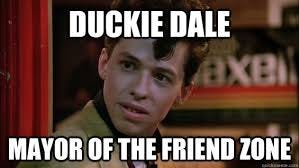
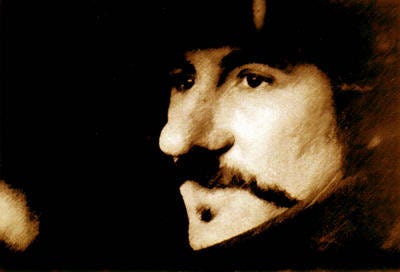
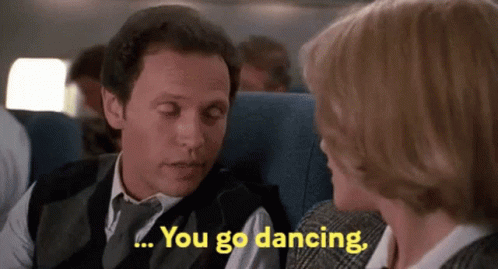
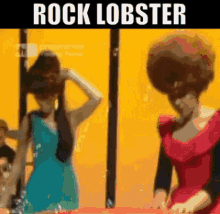

I was always the wildest in all of my groups of friends (not anymore, though -- I've calmed down a lot, whereas some friends are either just getting started, or have continuously been "moderately wild"). Every time I listen to Madonna's "Beautiful Stranger", I remember how my friends used to tease me saying it was "my song" (at the time, I saw my fair share of trouble and debauchery with random guys I used to meet on trains, buses and on the street). Fun times. Although I was very wild during my teenage years ("an extrovert" feels like an understatement), it was (mostly) all on the surface: deep down, my feelings of insecurity and inadequacy were not too dissimilar to the ones you described. Funny how different people react so differently to what is essentially two sides of the same coin.
‘You’re one of the good guys’ - six of the most depressing words a horny teenage boy could ever hear. I shuddered when I read this!